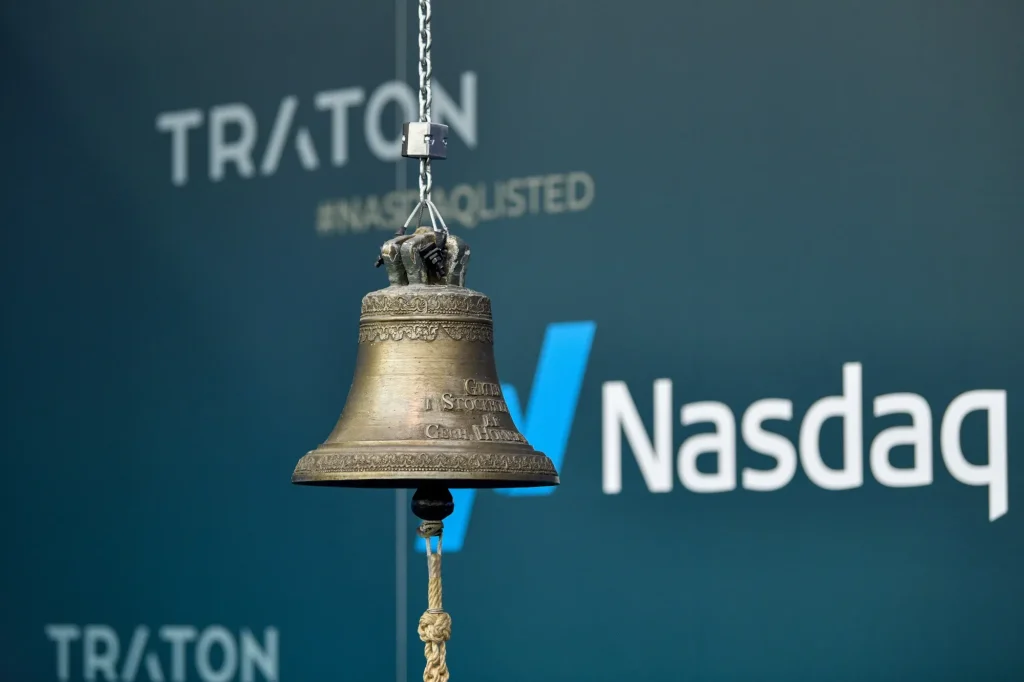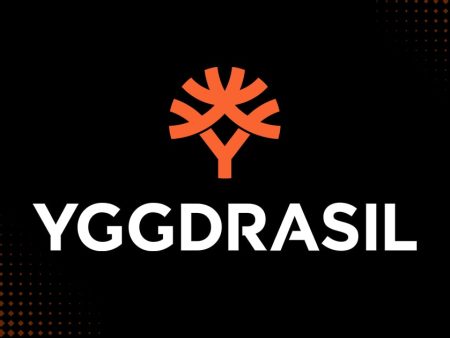Shares in Hacksaw AB, an iGaming supplier started trading on Nasdaq Stockholm on June 25 under the ticker symbol HACK. This follows a heavily oversubscribed IPO or initial public offering valuing the company at an estimate €2 billion.

The listing marks a major milestone for the Sweden-based firm. It supplies digital games and operates a proprietary Remote Gaming Server (RSG) platform for operators worldwide.
The IPO firmly places Hacksaw in the large-cap segment of the Nasdaq Stockholm. This includes all listed companies with a valuation of over €1 billion.
Earlier this month, the IPO confirmed strong demand from institutional investors worldwide. It also drew interest from retail investors in Sweden, Denmark, Finland, and Norway.
The offering consisted of 43.5 million existing shares priced at SEK77 or €6.96 per share. This is with an additional 6.5 million shares available under an over-allotment option.
The total offer will comprise 50 million shares if investors fully exercise the over-allotment option. This represents an estimate of 17.3% of the total share capital of the company.
The gross proceeds of the offering total SEK 3.35 billion (€306 million), all of which will go to existing shareholders. If investors fully exercise the over-allotment option, the proceeds will rise to SEK 3.85 billion (€352 million).
Christoffer Källberg serves as CEO of Hacksaw Group. He said the Nasdaq Stockholm listing is an exciting milestone in Hacksaw’s journey. The CEO added that it stands as a testament to the creativity, hard work, and commitment of their entire team.
He also said that being a listed company not only boosts their visibility and credibility on the global stage but also strengthens the company for continued growth. It enables them to keep delivering innovative gaming experiences to partners and players around the world.
Through the IPO, more than 16,000 new shareholders joined the company. Major shareholders, board members, as well as management have agreed to lock-up periods of 360 days to support market stability. Meanwhile, regulators have banned smaller shareholders for 180 days.


